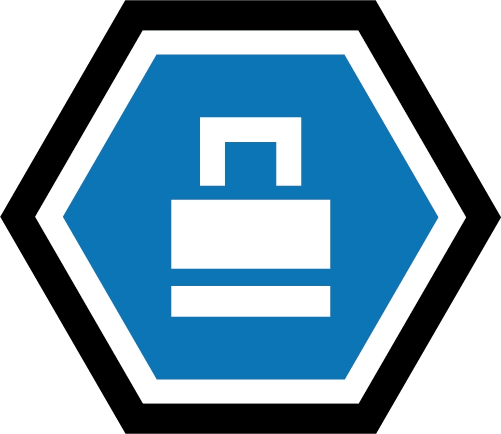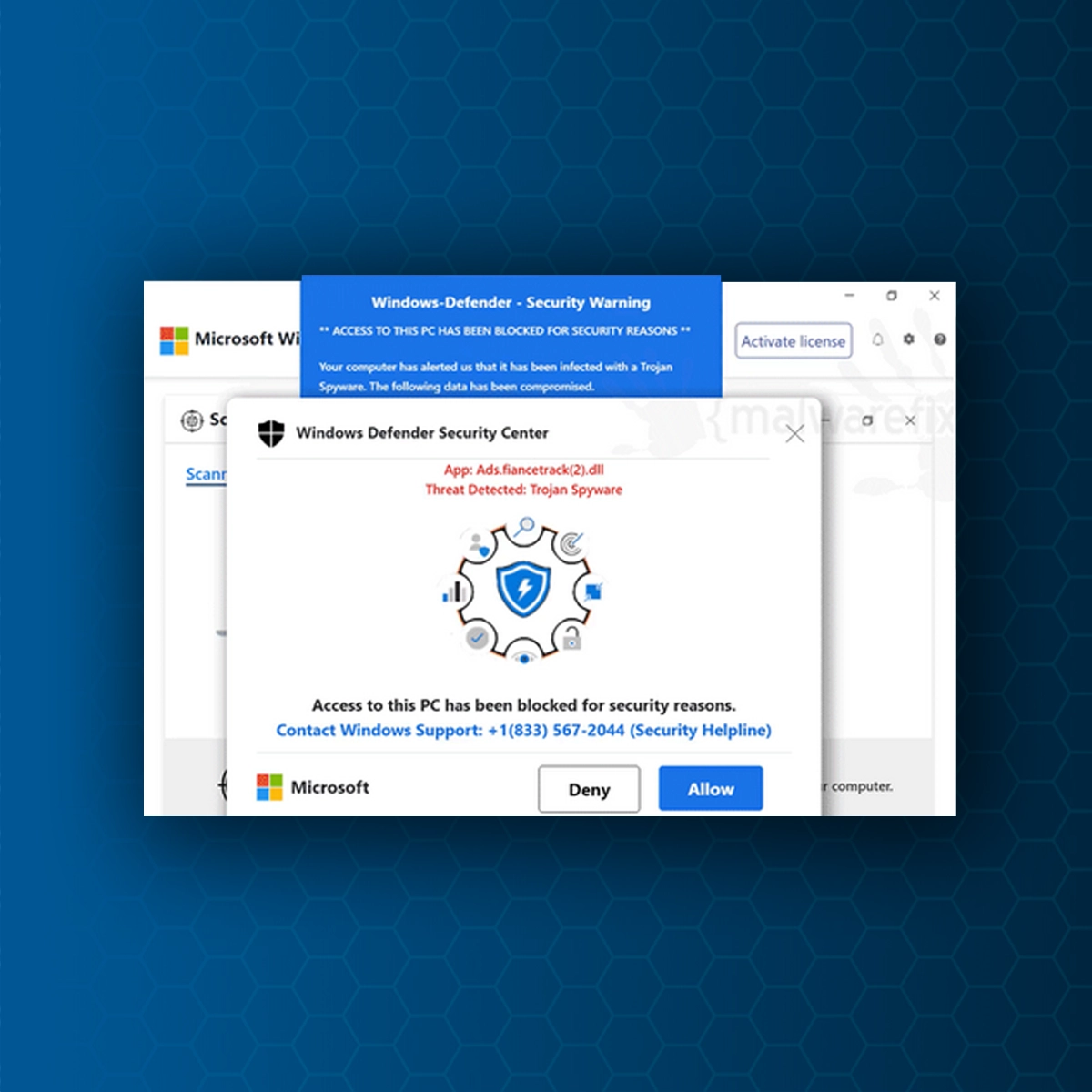The Importance of Protecting Your Business

The increasing reliance on technology in the modern business world has brought with it a greater need for robust system data security measures. With sensitive information such as customer details, financial records, and confidential business data stored electronically, the threat of cyber attacks and data breaches has never been higher.
Understanding the Threat Landscape
The threat landscape for system data security is constantly evolving, and new threats emerge every day. Some of the most common forms of cyber attacks include malware, phishing scams, and unauthorized access to sensitive information.
These threats can come from a variety of sources, including disgruntled employees, malicious outsiders, and even nation-state actors. In order to protect your business, it is important to understand the nature of these threats and to implement measures that can effectively mitigate their impact.
Building a Strong Security Culture
One of the most important components of a strong system data security strategy is building a security culture within your organization. This means educating your employees about the importance of security and the role that each of them plays in protecting your business.
It is also essential to establish clear policies and procedures for data security, and to ensure that these are regularly reviewed and updated to reflect changes in the threat landscape.
In addition, it is important to invest in the right tools and technologies that can help to enhance your overall security posture. This might include firewalls, antivirus software, and intrusion detection systems, among others.
Implementing Access Controls
Another critical component of a strong system data security strategy is implementing robust access controls. This involves limiting access to sensitive information to only those who need it to perform their job functions, and ensuring that all access is properly monitored and audited.
This can be achieved through a variety of means, including user authentication and authorization, role-based access controls, and data encryption. By implementing these controls, you can help to reduce the risk of unauthorized access to your sensitive information and prevent data breaches.
Regularly Monitoring and Testing Your Security Measures
Finally, it is important to regularly monitor and test your system data security measures to ensure that they are effective and to identify and address any weaknesses or gaps in your security posture. This might involve conducting regular vulnerability scans, penetration testing, and security audits.
By regularly monitoring and testing your security measures, you can stay ahead of emerging threats and ensure that your business is protected from the impacts of a cyber attack or data breach.





